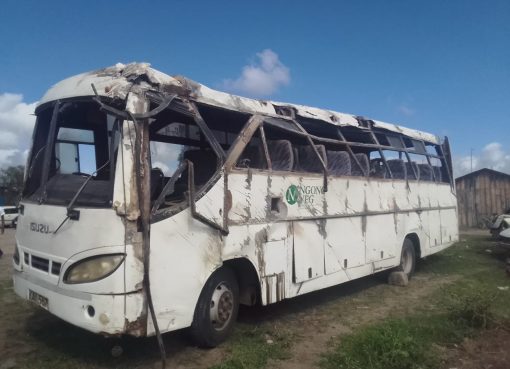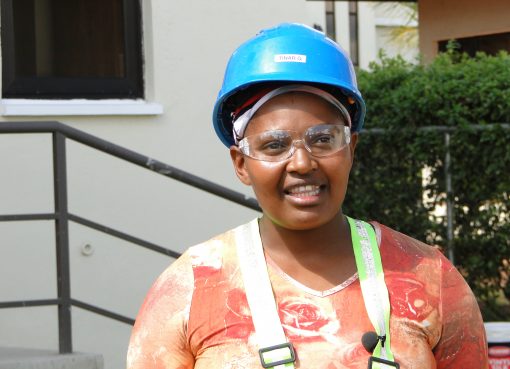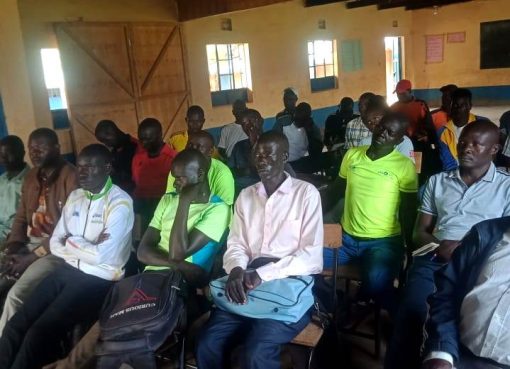The first steps to establish the Common Market for Eastern and Southern Africa (COMESA) University of Regional Integration has begun, with the launch of a virtual Masters Degree programme at the Kenyatta University of Kenya.
The Master of Regional Integration (MRI) programme is designed for government officials working in divisions or units dealing with trade, integration and cooperation issues.
Students also intending to work as trade officers, trade policy analyst, advisers, researchers, trade attachees, and private sector trade practitioners will also be incorporated
Addressing the 6th COMESA Annual Research Forum in Nairobi which ended on Friday evening, Chairman, Department of Applied Economics, Kenyatta University, Dr. Samuel Muthoga, said the commencement of the programme follows approval by the Commission of University Education in Kenya
“The MRI programme will be offered during the first semester of 2019-2020 academic years in collaboration with the School of Virtual and Open Learning of Kenyatta University and about 30 students have so far applied for the programme,” Dr. Muthoga said.
Kenyatta University was selected to host the programme owing to its advanced e-Learning facilities and will collaborate with other 22 universities in other COMESA Member States, which have been involved in the design of the project.
COMESA has also secured Sh6.78 Million (EUR 60,000) for annual scholarships for the programme from the European Union through Africa Caribbean and Pacific (ACP Group) under the TradeCom II Capacity Building Programme.
Senior Research Fellow at COMESA, Mr. Benedict Musengele told delegates that besides Kenyatta University, COMESA has signed Memorandum of Understanding with the University of Mauritius, the Open University of Mauritius, l’Institut Supérieur de Gestion des Enterprise (ISGE) of Burundi and the University of Zimbabwe to begin offering the programme.
Kenyatta University has advertised for students’ admission to the programme this month of September 2019. Open University of Mauritius and University of Mauritius are advertising for January intake while University of Zambia is at advanced stage of signing the MoU.
Musengele explained, “The programme shall be offered by course work and dissertation over the duration of two years and consists of 10 compulsory and five elective courses”.
Examinations, he explained, will be conducted at Kenyatta University campuses, in the Embassies and COMESA Secretariat offices.
The launch of COMESA virtual university was approved in October 2016 during the 19th COMESA Heads of State Summit held in Madagascar, with the objective to inculcate the dimension of regional integration in learning in higher institutions.
Later, the MoU was developed to provide the framework for collaboration with the participating universities.
Prof. Nelson Wawire, who has been coordinating the launch of the programme at the Kenyatta University, said preparations are underway between COMESA Secretariat and Kenyatta University to officially launch the programme.
The rationale for establishing the Masters programme was to build the capacity of member States to address the slow progress of regional integration in the COMESA region.
Under this programme, the inability of Member countries to implement the numerous protocols, decisions and Acts due to the apparent lack of institutional and human capital and related support mechanisms will be addressed.
The Sixth COMESA Annual Research Forum begun on Monday, September 2nd running through to Friday 6th in Nairobi, with 80 delegates from COMESA Member States, leading academic institutions, policy research think tanks and innovators in science and technology from the COMESA Member States.
COMESA was formed in December 1994 to serve as an organization of free independent sovereign States that have agreed to cooperate in developing their natural and human resources for the good of all their people.
By Wangari Ndirangu




